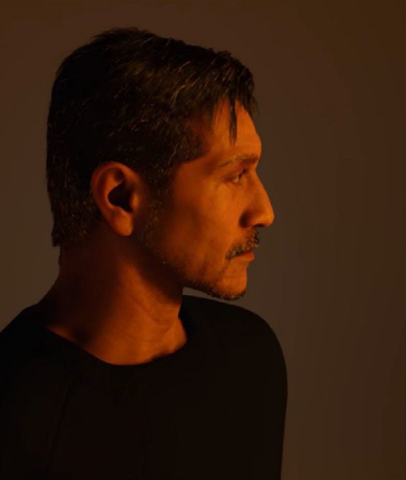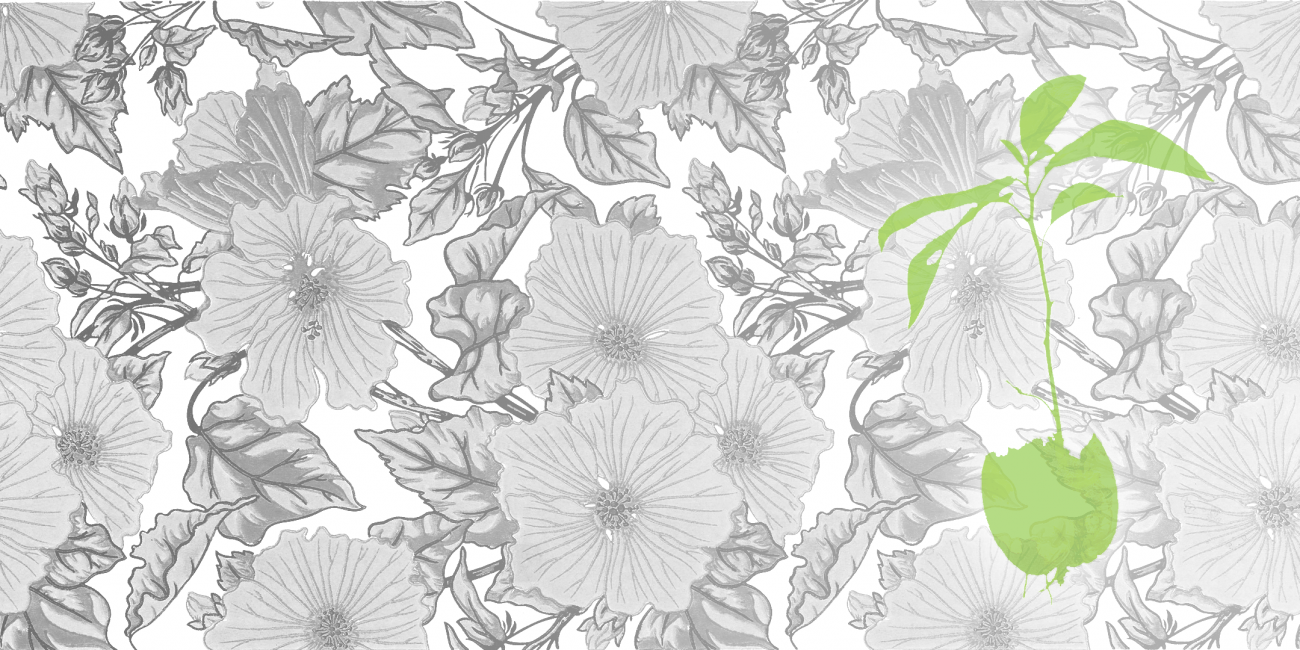
Image by: RV Co-Lab - AI generated image
Natural hazards and human-caused threats continue to increase in scale and frequency, and these crises directly trigger the forced emigration of refugee populations. These are communities whose experiences represent a “syndemic” of multiple structural failures including continued destabilization as a result of disasters, social vulnerability due to forced displacement, and alienation caused by algorithmic clustering and social media polarization. The United States, while already experiencing continued refugee influxes, is predicted to experience accelerated mass migration patterns into the country. This pressure is further exacerbated as immigrant experiences – and the causal syndemic crises – are not easily shared and individuals with little interaction with these communities have difficulty empathizing. This results in public unrest for the “receiving” community and social isolation for refugee populations. Commonly espoused by humanities scholars and social scientists, a backsliding democracy often begins with internal alienation within the polis and inevitably manifests itself into tyrannical populism favoring a specific localized group or ideology. This mirrors the current moment where algorithmic systems are doing the same - creating feedback loops within our immediate social spheres. The symptoms of these interrelated crises require systems that scale from transient individual conversations to novel communication modalities and co-created ethnographies which leave a tangible impact for community discourse to transcend class, geography, gender, and race. Nuanced systems that foster meaningful conversations between members of differing communities are required to create new dialectic possibilities centered on aligning shared desires to manage the syndemic of climate change, political corruption/violence, and social alienation which affects them and their loved ones personally. Using a transdisciplinary framework that includes documentary filmmaking/extended reality (XR), natural language processing (NLP) and human computer interaction (HCI), emergency management, and community resilience, we look to enable conversations between individuals from different backgrounds to explore personal narratives at scale. We will digitally record stories from refugees and convey these experiences through an interactive exhibition that leverages NLP and HCI technology to allow individuals to sit and converse one-on-one with the virtual presence of a recent refugee. The system, leveraging advances in machine learning and artificial intelligence, performs retrieval for documentary footage to allow individuals to interview refugees in real time, helping to weave a tailored narrative for the interviewee in a safe space. Importantly, the AI-enabled system also allows a degree of privacy for all parties to traverse ideological differences, and will guide the user to confront implicit biases and underlying assumptions. Designed as an “empathy machine,” the project outcomes aims to bend AI responses to find commonality in struggle, expand static and pre-existing definitions of community, and link disparate geographies experiencing analogous and intersecting syndemic crises. Importantly, we do not naively push for AI as a technological “solution” to a “problem,” but rather as a mediating tool informed with humanistic principles to facilitate conversations.
Nicholas Pilarski is an associate professor of XR and Virtual Production at the Sidney Poitier New American Film School, School of Art’s, Media, and Engineering, and MIX Center faculty. He is an award-winning filmmaker who co-creates interactive and emerging media focused on addressing issues related to historicized poverty and class-based trauma. Pilarski makes art that is not “about” communities, but rather “of” them - helping build ecosystems where traditional lines between subject/author, teacher/student, and spectator/producer are intentionally contested and reimagined. By developing technology with the communities he partners with, Pilarski helps materialize alternatives to media structures that often define our landscapes. He has been profiled as one of Filmmaker Magazine’s 25 New Faces of Cinema and his work has been identified as an exemplar of community-created practice by the MIT Co-Creation Studio. The collective he co-founded, Peoples Culture, has work archived in the permanent collection of The Smithsonian Institute and recognized internationally for peacemaking and community visioning around geographic conflict by the Tim Hetherington Trust. Pilarski has also worked as an advisor to the NYC Office of Technology & Innovation and the Center for Court Innovation. His work has appeared in national and international film/media festivals, exhibitions, and publications. Pilarski holds a BFA from the University of Michigan and a MFA from Duke University. Pilarski’s work has appeared in The New York Times, MoMA, Eye Institute Netherlands, U.S. Departments of Interior and Education, Full Frame Documentary Festival, Aspen Shortfest, Palm Springs International Short Film Festival, Gene Siskel Film Center, Chicago International Film Festival, MIDBO Documental de Bogotá, Athens International Film Festival, Human Rights Film Festival NYC/Paris/Barcelona, Festival International du Film Pan Africain de Cannes, Ann Arbor Film Festival, DOXA, and is archived in the permanent collection of The Smithsonian Institution: National Museum of African American History and Culture.
Dr. Suren Jayasuriya is an assistant professor at Arizona State University in the School of Arts, Media and Engineering and the School of Electrical, Computer and Energy Engineering. Before that, he was a postdoctoral fellow at the Robotics Institute at Carnegie Mellon University from 2016-2017. He received his PhD in Electrical and Computer Engineering from Cornell University in 2017 and a BS in mathematics and a BA in Philosophy from the University of Pittsburgh in 2012. His research interests are in computer vision and computational imaging, specifically designing new computational cameras and projector systems with machine learning and artificial intelligence to better understand the visual world around us. Relevant to this project, his group previously built a multimodal conversational agent with vision/language capabilities for an immersive theater production. He also conducts research on AI and STEAM education targeted for various students from middle/high school through undergraduate/graduate studies as well as outreach and public engagement. Dr. Jayasuriya has received the Best Paper Award at the IEEE International Conference on Computational Photography (ICCP) in 2014, the Best Demo Award at ICCP 2019, the Image Electronics Technology Excellence Award from The Institute of Image Electronics Engineers of Japan in 2021, and the Fulton Schools of Engineering Top 5% Teaching Award in 2019 and 2021. He is a recipient of the 2013 NSF Graduate Research Fellowship and the 2015 Qualcomm Innovation Fellowship. His website can be found here: https://web.asu.edu/imaging-lyceum/
Sarah Bassett is a professor of practice in the School of Public Affairs at Watts College of Public Service and Community Solutions, the co-director of the Resilient Visions CoLab, and appointed as a Knowledge Exchange for Resilience Learning Enterprise scholar at Arizona State University. She is an urban planner practitioner working on multi-scale planning challenges at the intersection of community resilience, disaster recovery, and spatial justice. Her work combines media and technology, placemaking, and policy advocacy to help vulnerable communities respond to and recover from the chronic stresses and acute shocks of climate change and rapid urbanization. Bassett works with organizations and companies including The Brownsville Community Justice Center (Center for Court Innovation), New York City Mayor’s Office, AECOM, Hatch Consultants, and Peoples Culture. Her planning work has been recognized by the American Planning Association and the Federal Highway Administration and she has helped author disaster recovery guidance featured within the Transportation Research Board, National Academies of Sciences, Engineering, and Medicine. Bassett is recognized for multiple co-created works which have been featured in various galleries, national museums, international media festivals, including in the New York Times, The Smithsonian Institution, and MIT's Co-Creation Studio. Bassett is also a U.S. Fulbright Scholar (Mongolia).

